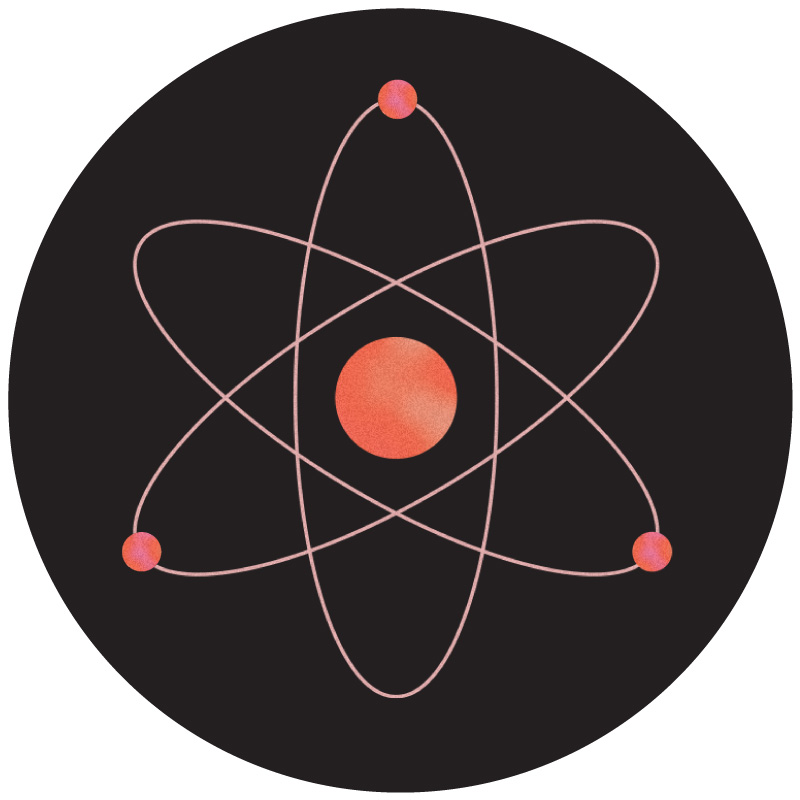
Title: The Crisis of Theory in Psychology: Essential Readings and Reflections
In recent years, the psychology scientific community has undergone significant self-examination, mainly driven by worries about replication, statistical integrity, and methodological openness. Yet, as doubts regarding methods and data fidelity persist, another significant concern has emerged: the “theory crisis” in psychology.
An engaging Twitter thread initiated by Ekaterina Damer regarding the state of psychological theory sparked a broad dialogue and motivated psychologists to share seminal and impactful literature that addresses this critical issue. The collective suggestions provide a substantial reading list that delves into the processes of theory formulation, examination, assessment, and modification within the realm of psychological sciences.
This article’s goal is to summarize and showcase the main readings highlighted in these conversations, offering researchers and students an entry point into the theory crisis in psychology.
Examining the Roots of the Crisis
Fundamentally, the theory crisis centers on the notion that psychological science frequently falls short of having robust, clearly articulated theories. Research often emphasizes statistical outcomes, frequently at the expense of distinct theoretical frameworks. Some scholars express concern that even replicable findings may lack significance if they are not connected to a solid theoretical foundation that effectively links these outcomes into coherent explanations and forecasts.
Essential Readings and Perspectives
1. Robert Cummins – “How does it work?” vs. “What are the laws?”
Recommender: Iris van Rooij
In this pivotal paper, Cummins differentiates two types of explanation in psychology—mechanistic (how it functions) versus law-based (regularities in actions). He prompts psychologists to clarify their explanatory objectives and recognize the unique contribution of each kind of explanation in developing theory.
2. Theory Construction in Social Personality Psychology (PSPR)
Recommender: Ed Orehek
This special edition presents personal accounts from seasoned scientists on the process of building theory in social and personality psychology. It offers practical, reflective insights into theory development, grounded in authentic academic experiences.
3. Gerd Gigerenzer – Personal Reflections on Theory and Psychology
Recommender: Djouria Ghilani
Gigerenzer critiques psychology’s heavy dependence on null hypothesis testing and calls for stronger, more explanatory theoretical commitments within the field.
4. The Legacy of Paul Meehl
Recommender: Multiple, including Tal Yarkoni
Paul Meehl’s contributions are vital to understanding the theory crisis. Influential papers such as:
– Theory-Testing in Psychology and Physics
– Appraising and Amending Theories
– Why Summaries of Research Are Often Uninterpretable
Meehl emphasized the necessity of testable theoretical propositions and cautioned against the risks of overinterpreting tenuous empirical patterns. His Lakatosian perspective profoundly influences contemporary philosophy of science in psychology.
5. Robert Sutton & Barry Staw – “What Theory is Not”
Recommender: Burak Tunca
This humorous yet enlightening paper dispels prevalent myths about what constitutes theory, cautioning against theoretical jargon that conceals itself as genuine explanatory models.
6. Valerie Gray Hardcastle – How to Build a Theory in Cognitive Science
Recommender: Joshua Skewes
Hardcastle outlines concrete steps for formulating cognitive theories rooted in scientific credibility, coherence, and systematic prediction.
7. Gawronski & Bodenhausen – Theory and Explanation in Social Psychology
Recommender: Randy McCarthy
Chapter 1 provides a foundational discussion on the proper use and misuse of theories in psychological explanations, emphasizing clarity and operationalization.
8. William J. McGuire – Creative Hypothesis Generation
Recommender: Kimberly Quinn
McGuire presents heuristics for generating hypotheses, emphasizing the ‘art’ of theory formulation, rather than solely focusing on statistical evaluations.
9. Jaccard & Jacoby – Theory Construction and Model-Building Skills
Recommender: Daniël Lakens
This hands-on guide delivers step-by-step approaches for creating and assessing theories, making it suitable for students and early-career scholars.
10. Klaus Fiedler – Creative Cycle of Theory Formation (2004) & Diagnosticity in Theory (2017)
Recommenders: Multiple
Fiedler highlights the necessity for a balance between empirical adaptability and theoretical limitation, advocating for diagnosticity—how effectively evidence can truly evaluate competing theories.
11. Roberts & Pashler (2000) – Is a Good Fit Convincing?
Recommender: Tom Stafford
This paper examines the dependability of model fitting lacking stringent theoretical restrictions. It critiques the tendency to overly rely on curve-fitting and insufficiently specified models.
12. Simmering et al. – To Model or Not to Model?
Recommender: Richard Prather
A discourse on the significance of computational models in developmental science, underscoring their potential to integrate theory into interpretable simulations.
13. Denny Borsboom – Theoretical Amnesia
Recommender: Michael P. Grosz
This blog entry critiques the field’s disregard for long-established theoretical insights,